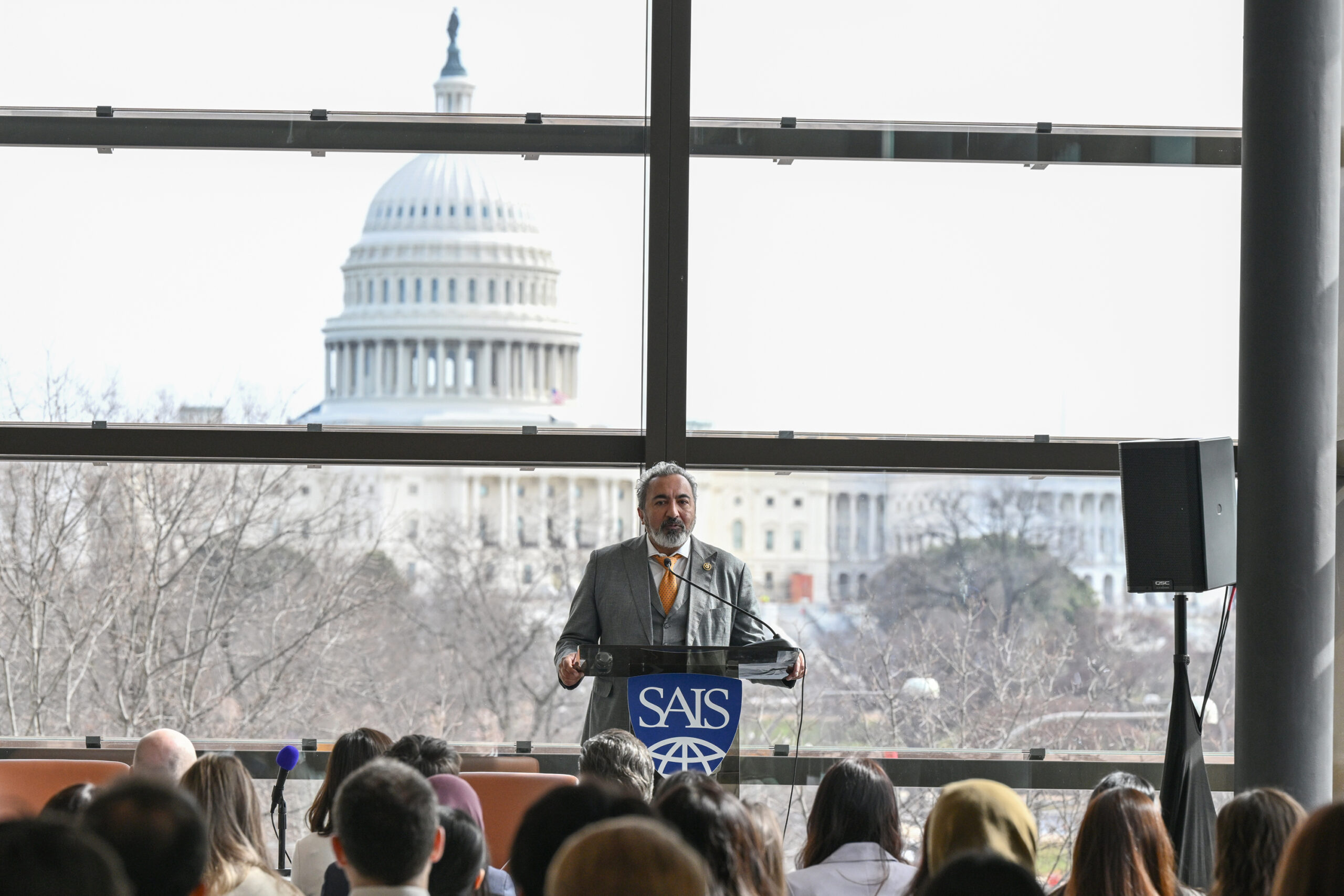Why the U.S-South Korea relationship should be a priority
“We’re going to be stronger if we’re standing together,” U.S. Rep. Ami Bera says, noting such relationships are critical at a time of global disruptions

Key Takeaways
- The U.S.-South Korea alliance marked its 70th anniversary last year with historic agreements on strengthening mutual defense and trilateral cooperation with Japan.
- South Korea has now become a “global pivotal state,” dramatically increasing the areas of possible cooperation with the United States.
- U.S. Rep. Ami Bera is leading an initiative to expand recent trilateral agreements between the U.S., South Korea, and Japan to the legislatures of the three countries.
The United States, South Korea and Japan held their first Indo-Pacific Dialogue in early 2024, a sign of the growing importance of the two Asian nations as a counter to China’s influence in the region.
“The trilateral Indo-Pacific Dialogue was quite significant largely because it reflects a much closer alignment by Seoul in opposition to Chinese bullying beyond the Korean Peninsula,” Daniel Russel, who served as the assistant secretary of state for East Asian and Pacific affairs under President Obama, told Voice of America.
U.S. Rep. Ami Bera, D-Calif., spoke about the changing nature of the U.S.-Korea relationship and what it will take to continue to strengthen it going forward at a recent discussion on Congress and U.S.-Korea relations held at the Johns Hopkins University Bloomberg Center.
Era of Change
In 2023, the United States and South Korea, also known as the Republic of Korea (ROK), marked 70 years since the end of the Korean War and the start of their alliance.
In the intervening seven decades, the ROK has become one of the world’s largest economies. Its GDP rose an average of 4.9% annually between 1988 and 2022, and it leads in several industries such as electronics, automobiles, and semiconductor manufacturing. It’s also become a top entertainment exporter: the TV show Squid Game became the most streamed series in 90 countries on Netflix in 2021, and film Parasite won the 2019 Academy Award for Best Picture.
The U.S.-South Korea relationship has undergone a transformation during the same time period.
“I was elected in 2012. At that time, so much of the focus was on the Middle East in North Africa, and there was very little focus on Asia,” said Bera, a member of House Foreign Affairs Committee, where he serves as ranking member of the Subcommittee on the Indo-Pacific.
“There was some focus on China, but Asia is a very big continent,” he added. “I was very intentional about building relationships with all the other allies in the region and getting to know the ambassadors.”
Stronger Together
Bera pointed to President Biden’s meeting with ROK President Yoon and Japanese Prime Minister Kishida at the historic summit at Camp David in August 2023 as evidence of this shift. It was the first-ever stand-alone summit of the three leaders, where they established a wide range of agreements on economic and security cooperation as well as plans to meet regularly in the future. The trilateral partnership between Japan, ROK, and the U.S. is critical for the security and prosperity of the region and the world, Bera said.
The congressman said these relationships are critical in an era of “global disruptors,” such as the 2008 recession, the COVID-19 pandemic, and Russia’s invasion of Ukraine. Acknowledging the importance of institutionalizing these agreements with South Korea and Japan, Bera announced that he is leading an initiative to bring together representatives of the legislatures of the three countries to foster further cooperation.
“We’re going to be stronger if we’re standing together,” he said. “At the end of the day, we’re going to be competitors and every country is always going to look out for the best interests of their own citizens. … We’re going to be competitive nations, but how do we compete with one another, but also collaborate? When we stick together, we will prosper together.”